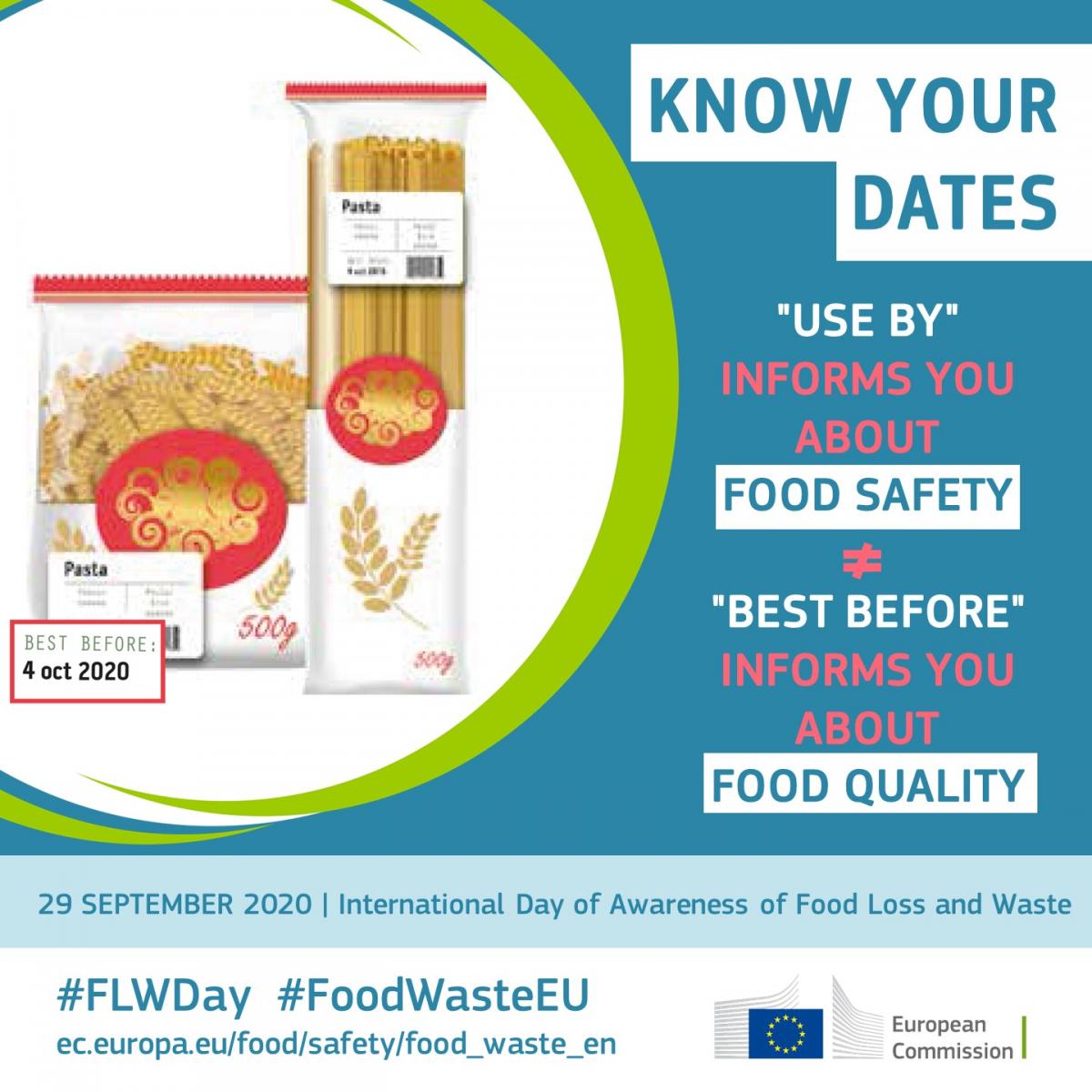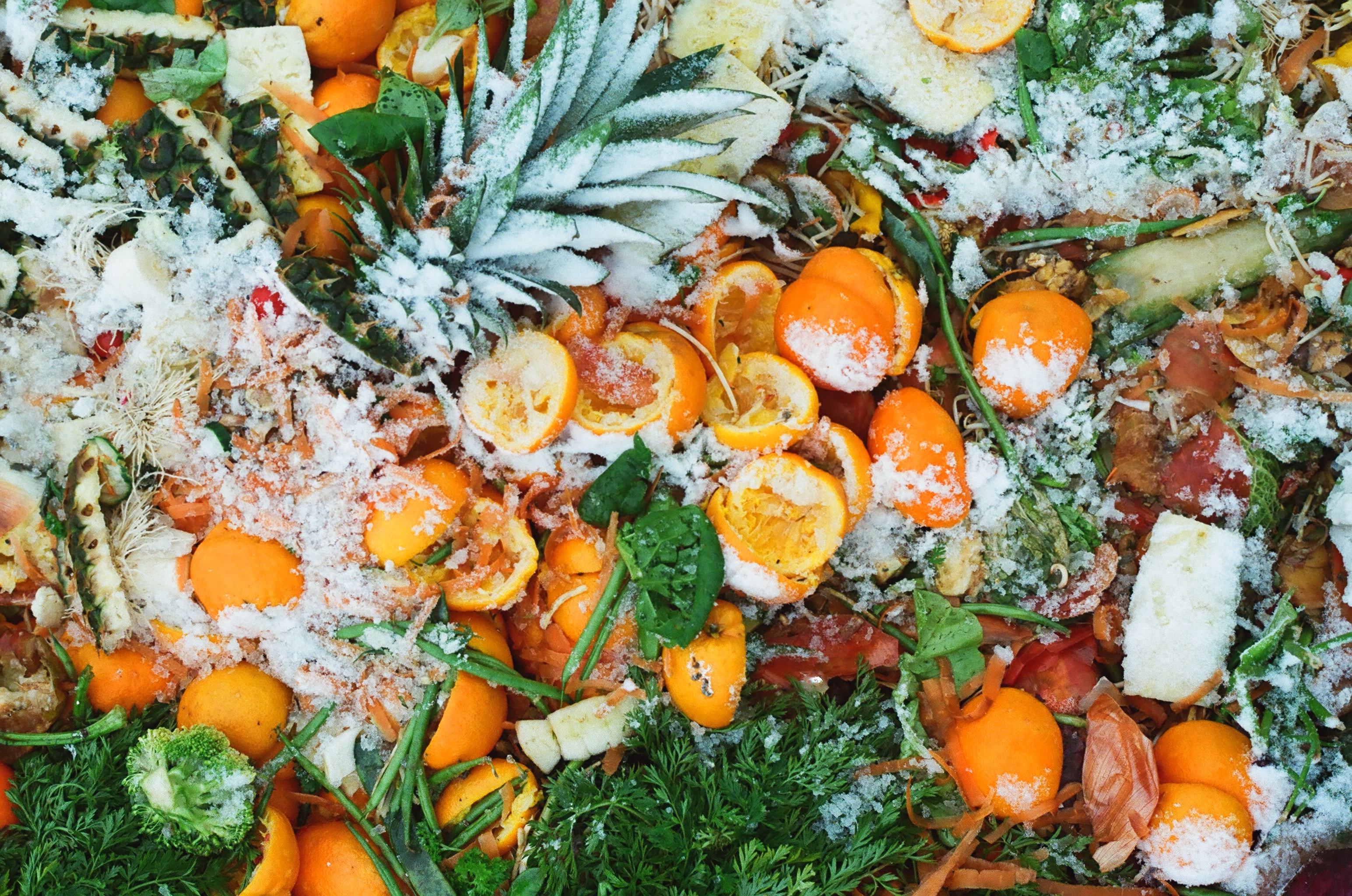First International Day against food waste: how are consumer groups doing their share ?
First International Day against food waste: how are consumer groups doing their share ?
BEUC NEWS - 29.09.2020
As Europe is still grappling with the COVID-19 pandemic, the way we see our food has changed for the better over the past months. Although it is difficult to predict if this trend will last, it is good news that 28% of Belgians pay more attention to food waste since the lockdown hit.1 Or that two in three Swiss consumers now want more ‘weird-shaped’ fruit and vegetables on supermarket shelves.
Against this backdrop, 2020 couldn’t be a better year to observe the first ever United Nations’ International Day against Food Losses and Food Waste. In the EU, roughly 20% of the food we produce is lost or wasted, with households generating over half of the total food waste (47 million tonnes). To help consumers waste less food, the UN has come up with a simple mantra: plan your meals, know your dates, store food properly.
Numerous European consumer groups – members of the BEUC network – are also doing their share. To benefit both the environment and consumers’ pockets, our members help consumers slash the amount of food that ends up in the bin. Here is a snapshot of their actions:
On food waste:
-
In France, CLCV contributed to the ‘Zero waste Academy’ project to help consumers change their consumption habits. During the experiment, over 240 households collectively saved the equivalent of 21,400 meals over one year.
-
Dutch group Consumentenbond gives out six tips for a waste-free kitchen, ranging from the ideal fridge temperature (spoiler: 4°C) to how to store food.
-
Consumer groups from Belgium, Italy, Portugal, and Spain2 published new data about consumers’ attitudes on food waste. The survey confirms that during lockdowns, consumers have wasted less food than they usually do.
-
In Slovenia, ZPS ran a survey of consumers' attitudes to food waste. Only 13% of respondents rightly designated households as major contributors to food waste. The group has listed nine tips to help consumers slash the amount of binned food.
-
Our Norwegian member Forbrukerrådet is calling on the food industry and retailers to stop ‘3-for-2’ deals. They argue that promotional offers and packaging practices constantly trick consumers into buying more food than they need.
-
In Italy, Adiconsum is organising today at 4:00PM local time a free webinar to help consumers waste less food.
-
In Portugal, our member DECO is hosting a live webinar entitled "Leftovers are no trash" at 6:30 PM (Portuguese time).
On date marking:
-
In Switzerland, the Fédération Romande des Consommateurs has an explainer about the dates you can find on food packages.- Consumentenbond too has broken down date marking in this article.
-
Spanish group OCU have published a survey about date marking. It turns out that consumers overestimate their understanding of such dates. OCU provides clarifications and calls on consumers’ common sense to judge whether a foodstuff is still edible past the ‘best before’ date.
What about the EU?
The EU’s Farm to Fork strategy, published in May 2020, aims to step up the fight against food waste by:
-
Revising the rules governing date marking (proposal by 2022). A 2018 study carried out by the European Commission estimates that up to 10% of the 88 million tonnes of food wasted every year in the EU are due to date marking (be it misinterpretation by consumers or improper use by food businesses).
-
Setting EU-level targets for food waste reduction (proposal by 2023).
-
Investigating food losses at the production stage and exploring ways of preventing them.
Join the conversation on social media using #FLWDay and #FoodWasteEU.
1. According to a survey run by consumer group Test Achats/Test Aankoop in April 2020.
2. Belgium: Test Achats/Test Aankoop, Italy: Altroconsumo, Portugal: DECO, Spain: OCU.
The European Consumer Organisation
Europäischer Verbraucherverband
Bureau Européen des Unions de Consommateurs



